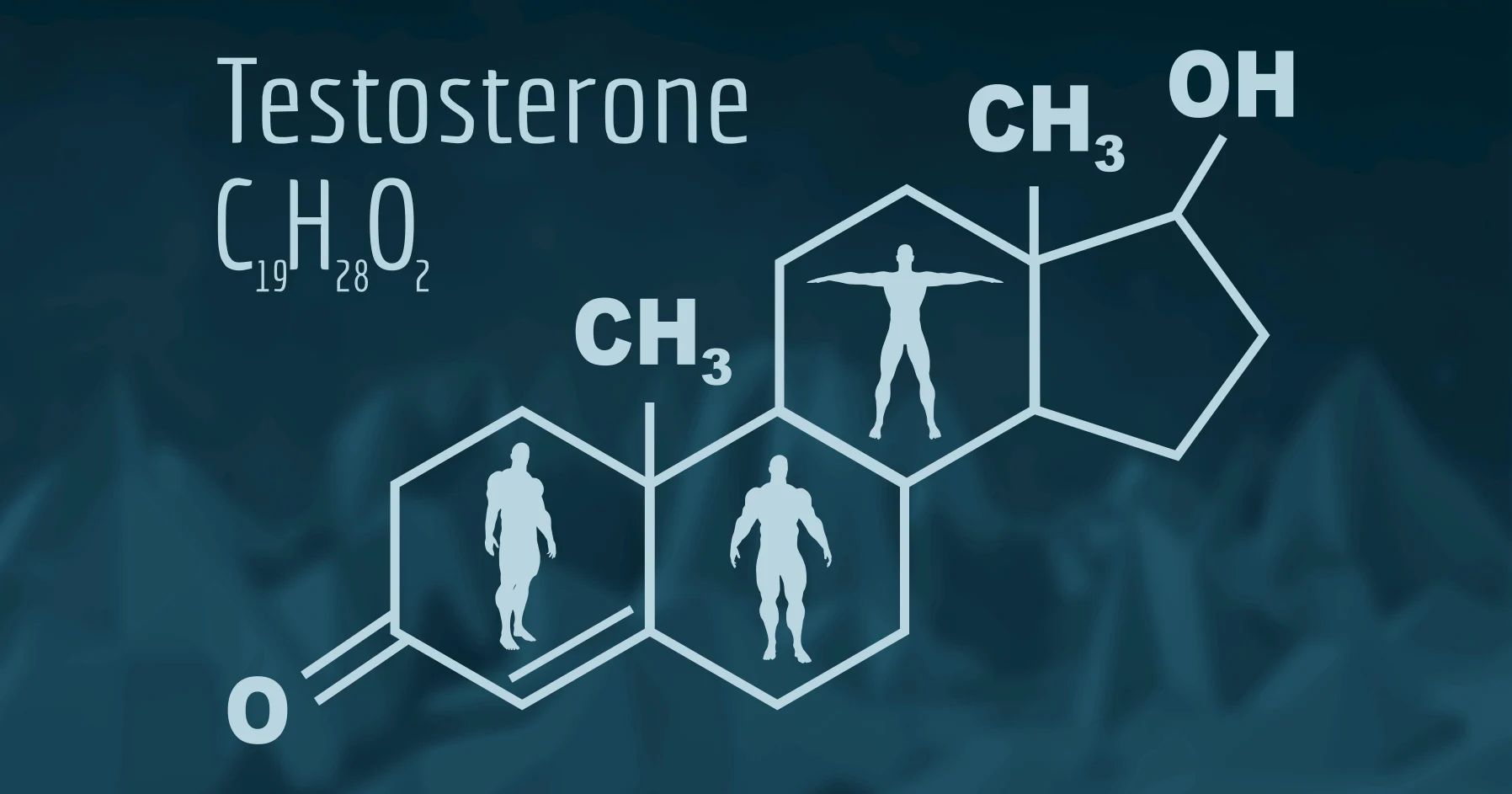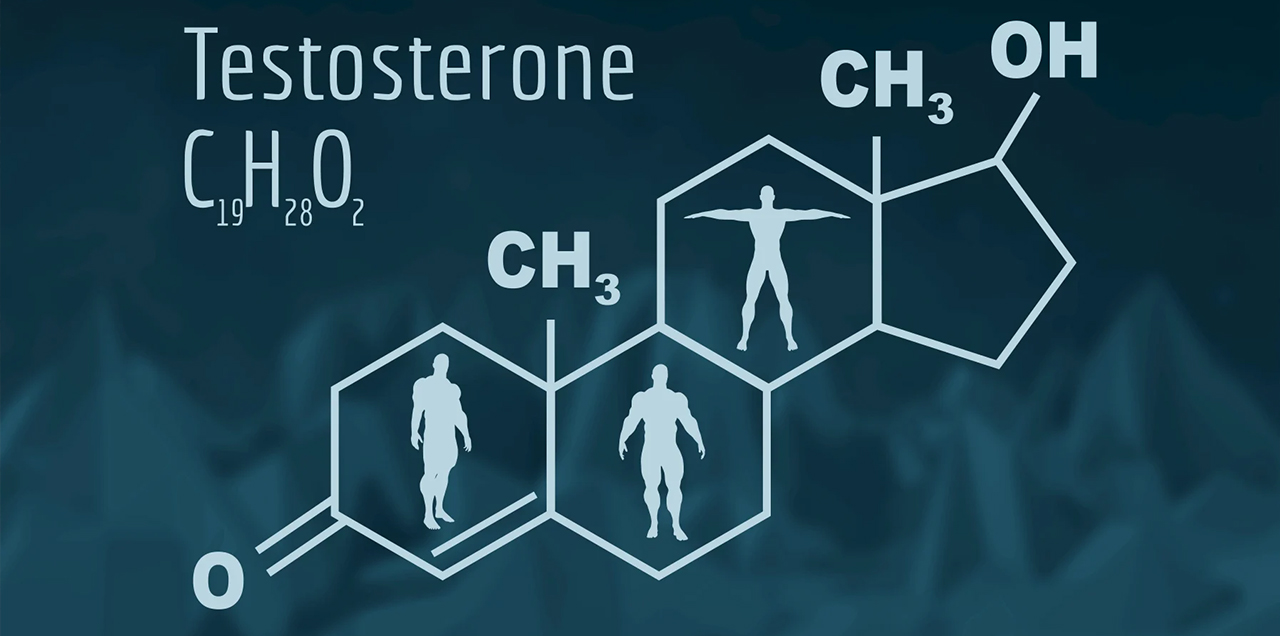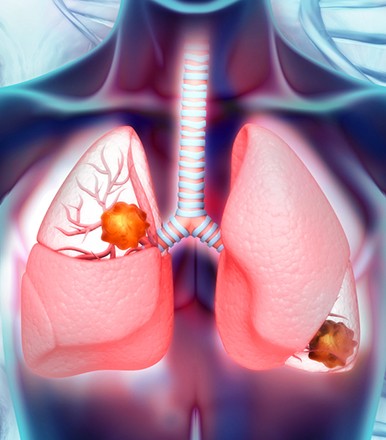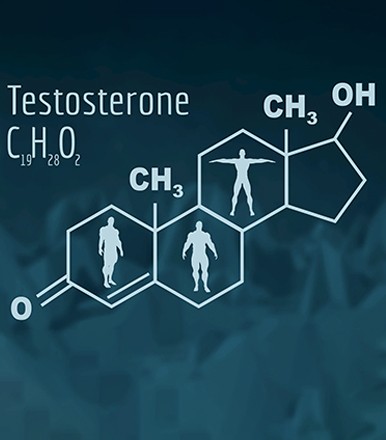As a society, we have come a long way in addressing the challenges that were once overlooked or swept under the rug. These days, it is very uplifting to see people talking openly about their mental and physical health, something that was unimaginable a few decades ago.
Today, women are having honest conversations about the challenges of menstruation and hormonal shifts of menopause. Men, too, have come out of their shells and started talking about their mental health struggles and other personal battles.
This culture of addressing and embracing your challenges is a step forward. But let's face it: There are issues that still slip through the cracks. These are topics that people hesitate to discuss either because they feel unheard or fear the stigma attached to them. Today, we're diving into one such issue.

Picture this: you walk into a room and see someone effortlessly lifting both literal weights and the metaphorical load of responsibilities. They lead confidently, radiate energy, and exude an approachable charm. Now, let's be honest—did you picture a man? If so, you're not alone. This is the image society has drilled into us about masculinity.
But here's the thing: a man can lose all those attributes- confidence, strength, vitality if they're dealing with low testosterone levels. This condition shakes the very core of what we as a society define as manliness. As a result, many men decide to bottle it up and refuse to acknowledge it. That ends here. In this article, we'll explore what low testosterone is, the stigma surrounding it, and what men can do to take back control.
Understanding Testosterone
Before we begin our journey of understanding low testosterone and how to improve it, we need to understand what testosterone is and how it impacts the male body.
Testosterone, as many might be aware, is a sex hormone produced in the body. And as the name suggests, its primary task is to regulate libido, maintain erection, and support semen production in men. However, it also plays a central role in defining physical and emotional characteristics. It can be considered the manager of the men's body's process.
Produced primarily in testicles, testosterone is responsible for developing and maintaining muscle mass and bone density and ensuring that the body remains strong and resilient. It also profoundly impacts mood and energy levels. If you have ever felt like breaking walls and tearing down the whole place in fits of passion, then you have testosterone to thank for that. It fuels energy, boosts confidence, and even manages emotions, keeping mood swings at bay.
This should give you a fair idea of testosterone's importance to a male body. It is much more than just a "male hormone." It's the lifeblood of vitality, helping men stay physically strong, mentally sharp, and emotionally balanced. When levels are optimal, it's like the body has all the right ingredients to thrive. But when testosterone levels drop, it can throw many of these functions off balance—a topic we'll explore next.

What is low testosterone level in men?
Since testosterone is the powerhouse of men's bodies, it needs to be present in a certain amount. In fact, to be precise, the testosterone level in men should be between 300 and 1,000 nanograms per deciliter (ng/dL) or 10 to 35 nanomoles per litre (nmol/L). When its levels drop beneath this, we call this condition low testosterone level or “Low T.”
Now, you might question why these levels drop. The simple answer is ageing. According to a report by Lloyds Pharmacy, "Men experience a steady decline in testosterone. From around the age of 30 to 40, the level reduces by 1% every year." By the time men reach their 70s, up to 30% may experience testosterone deficiency, and this number rises to nearly 50% for men in their 80s.
But age is not the only factor that affects its levels. There are other lifestyle habits such as chronic stress, poor sleep, and unhealthy lifestyle choices like excessive alcohol consumption or lack of physical activity can also be a major contributor to it. In some cases, low testosterone may result from injury to the testicles or medical treatments like chemotherapy.
Stigma Surrounding Low Testosterone
The impact of low testosterone is not just reflected in the physical impact it has on a man's body. Rather, it shakes the very core of what society considers masculine. Let's take a look at some of the common stigmas faced by men:

-
Masculinity under threat: strength, confidence, and virility are boosted by testosterone. Hence, a drop in its level will certainly make a man feel like they are losing their identity, which can trigger feelings of inadequacy or failure.
-
Sexual Functional concern: another important symptom of “Low L” is a reduced libido and erectile dysfunction. These topics are certainly hard for a man to come to terms with as they directly challenge the perceived manhood. Therefore, many avoid conversations around this topic altogether.
-
Fear of being judged: The societal pressure to be "strong" and "unshakeable" leads many men to bottle up their struggles, fearing ridicule or pity from peers, partners, or even healthcare professionals.
-
Mental health toll: bottling up so many emotions and the inability to talk about them openly is eventually going to lead to isolation, anxiety, and depression, compounding the problem further.
It's high time that we understand and spread awareness about low testosterone in men. Remember that it is a natural part of ageing or something caused by unhealthy lifestyles.
Hence, instead of calling out an individual for losing his manliness, we need to support and guide them on how they can increase their testosterone level to live a healthy, active life. We will touch upon this in our next segment.
How to treat Low T?
Regardless of the reason behind your body's decline in testosterone levels, certain lifestyle changes can help you improve them.
Start with regular exercise, especially strength training and high-intensity interval training. These have been shown to boost testosterone levels. Also, try to maintain a balanced diet rich in healthy fats, lean protein, and vegetables, as they also support hormone production. Furthermore, get adequate sleep of 7-8 hours, which is vital for regulating testosterone.
Last but not least, you can always turn to medical methods. This includes testosterone replacement therapy (TRT), in which the hormone can be administered into the body through injections, gels, patches, or even pellets.
Other than that, you can also go for over the counter supplements for maintaining zinc, magnesium, and vitamin D levels in your body. But always consult a qualified healthcare professional before buying them. As they will provide you with tailored guidance to ensure safe and effective use of these supplements.
It's important to understand that low testosterone is more than just a health concern; it's a call to redefine how we perceive masculinity. True strength lies in recognising challenges and taking proactive steps to address them. As we foster a culture of openness, let's encourage men to view low testosterone not as a loss of identity but as an opportunity to prioritise health, self-awareness, and growth.
A supportive environment can empower men to seek solutions without fear of judgment. Remember, embracing vulnerability is not a sign of weakness but a testament to resilience—and every step toward better health is a step toward a fuller life.














